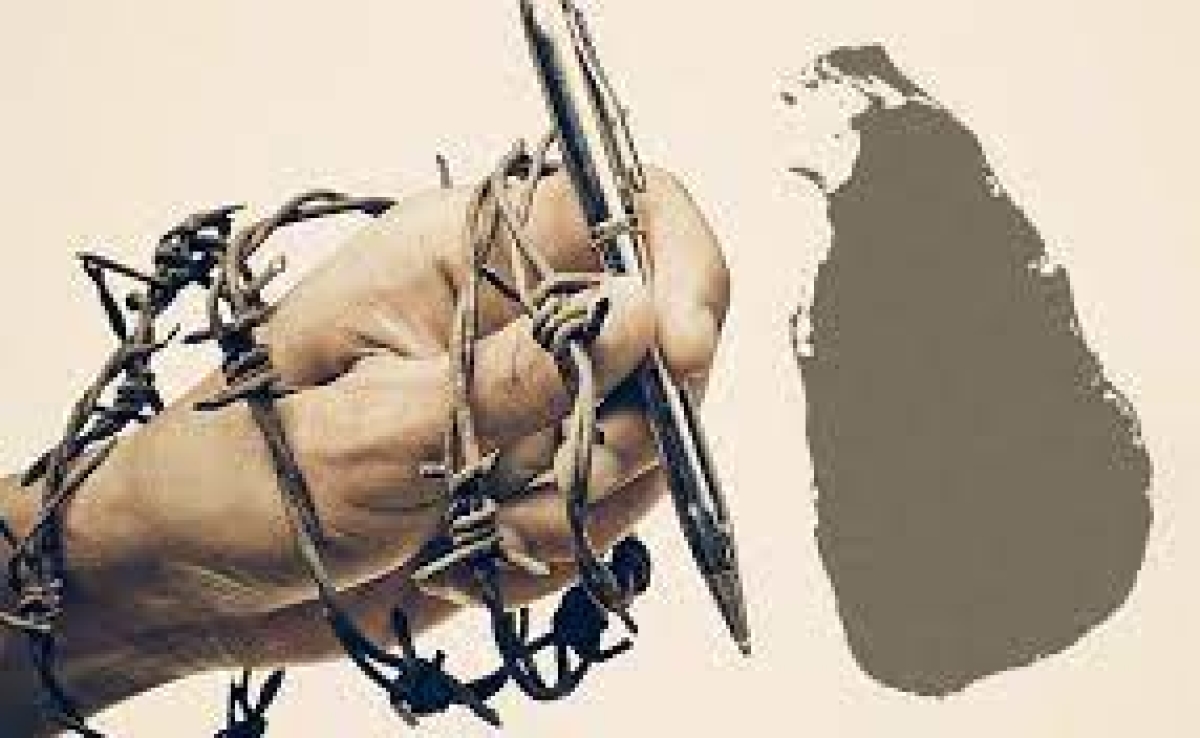In a move that has stirred a fresh controversy, the Sri Lankan Cabinet has granted approval to direct the legal draftsman to prepare a draft bill for the establishment of a Broadcasting Regulatory Commission specifically targeting electronic media. The decision has raised concerns among media professionals and human rights activists who fear that such a regulatory body could have far-reaching implications on media freedom in the country.
The proposed Broadcasting Regulatory Commission is expected to wield considerable authority over electronic media outlets, prompting a wave of skepticism about the potential impact on journalistic independence. Critics argue that the move could lead to increased government control over media content, stifling freedom of the press and limiting the ability of journalists to report objectively.
Numerous media and human rights activists have voiced their reservations about the government's decision. The move is seen by many as a potential threat to the democratic values that underpin Sri Lanka's society. Concerns have been raised about the possibility of the commission being used as a tool to suppress dissenting voices and control the narrative presented by electronic media outlets.










